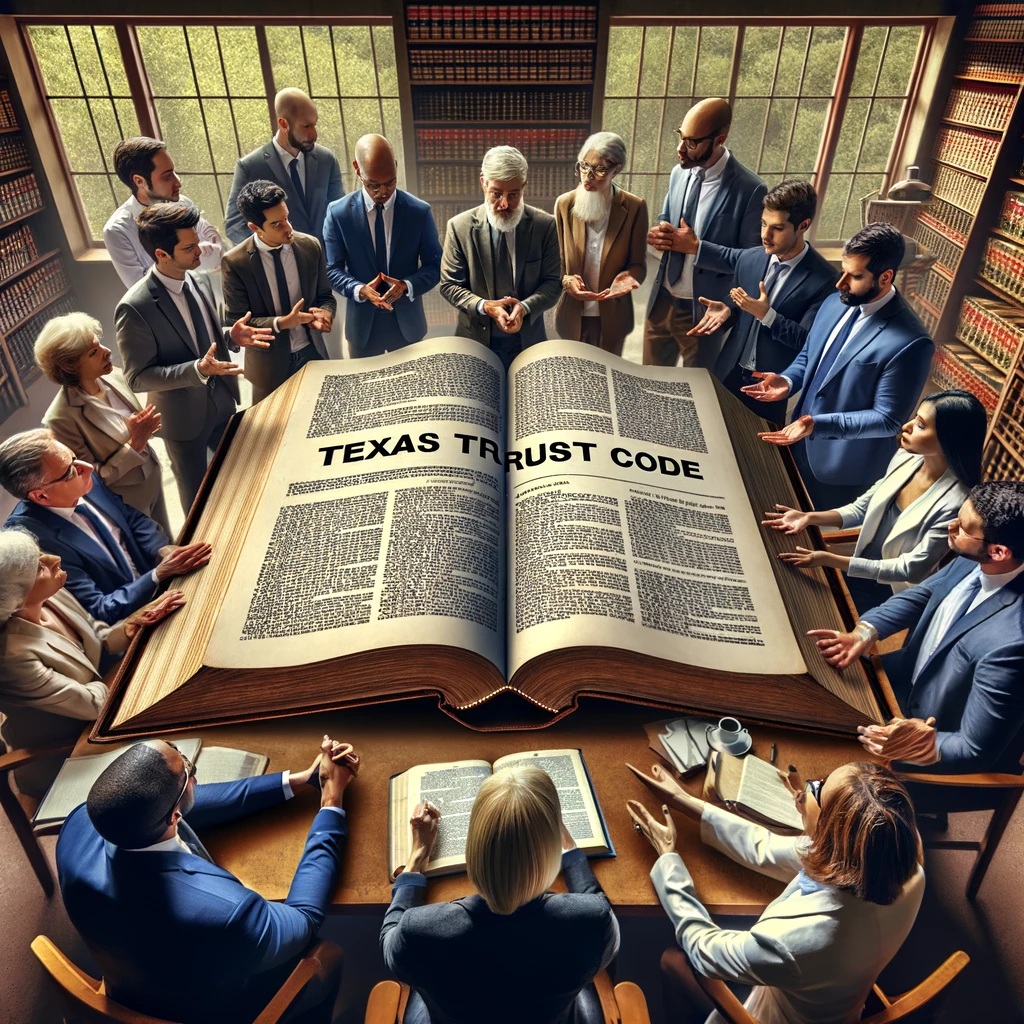
Navigating the complexities of trust law in Texas demands a comprehensive grasp of dispute resolution and litigation processes. Trusts, pivotal in estate planning, facilitate asset management and distribution in line with the grantor’s desires. Yet, when conflicts emerge over fiduciary duties, document interpretation, or beneficiary disagreements, it’s imperative to seek resolutions through litigation or alternative dispute resolution (ADR) avenues. So let’s delve into Dispute Resolution and Litigation in Texas Trusts.
Imagine
You’re at a family barbecue, and Uncle Bob, after one too many lemonades, decides it’s the perfect time to discuss his will. Consequently, everyone suddenly becomes an expert on trust law, and the potato salad isn’t the only thing getting heated. Thus, welcome to the world of trust law in Texas, where family gatherings can swiftly turn into legal seminars, and everyone’s eagerly searching for the best way to manage Aunt Sally’s antique spoon collection.
Why should you stick around for Dispute Resolution and Litigation in Texas Trusts?
Because navigating the maze of dispute resolution and litigation in Texas trusts is as crucial as knowing not to discuss politics at Thanksgiving dinner. We’re diving into a world where legal jargon meets family drama, and we’re making it as fun as flipping burgers on a sunny afternoon.
Our main subject?
The ins and outs of Dispute Resolution and Litigation in Texas Trusts. From understanding the legal framework to exploring pre-litigation strategies and the wonders of ADR (Alternative Dispute Resolution), we’ve got you covered.
So, why keep reading?
Because you’ll gain insights into avoiding the pitfalls of trust management, all while enjoying a narrative that’s as engaging as your favorite sitcom. Furthermore, you’ll be equipped to handle Uncle Bob’s next legal inquiry with grace and knowledge. Therefore, let’s turn those family legal debates into a thing of the past and ensure Aunt Sally’s spoons end up in the right hands.
Understanding Texas Trust Law
Texas Trust Code lays the groundwork, defining trustee duties and beneficiary rights. This legal framework is indispensable for anyone involved with trusts.

Common Causes of Trust Disputes
Disputes often arise from fiduciary breaches, disagreements on interpretations, trustee mismanagement, or conflicts among beneficiaries. Identifying these issues early is crucial for resolution.
| Cause of Dispute | Brief Description |
| Breaches of Fiduciary Duty | When trustees fail to act in the best interest of the beneficiaries. |
| Disagreements Over Trust Interpretation | Conflicts arise from different interpretations of the trust documents. |
| Trustee Mismanagement | Poor management of the trust’s assets or affairs by the trustee. |
| Beneficiary Conflicts | Disputes among beneficiaries regarding distributions or decisions. |
The Role of Fiduciaries
Trustees have the significant task of managing trusts in beneficiaries’ best interests. They must navigate their obligations and the beneficiaries’ rights diligently.
Pre-Litigation Strategies
Mediation and negotiation are crucial first steps, aimed at amicable resolutions. Seeking legal counsel can prevent conflict escalation, guiding towards peaceful solutions.

Litigation and ADR
Unresolvable disputes necessitate litigation, a process from lawsuit filing to evidence presentation. Alternatively, ADR methods like mediation and arbitration offer less adversarial solutions.
Case Studies and Legal Reforms
Exploring case studies illuminates the litigation process and its nuances. Staying updated on legal reforms is crucial for trustees and beneficiaries to understand their evolving legal environment.
Avoiding Disputes
Adopting best practices in trust management, ensuring clear communication, and legal compliance can prevent many disputes. Trustees should keep beneficiaries informed, fostering an environment where queries and concerns are addressed proactively.
Seeking Professional Guidance
The complexity of trust law often necessitates expert advice. Legal professionals and financial advisors can navigate the intricate trust management landscape, ensuring compliance and effective administration.
Expanding on the Legal Framework
The Texas Trust Code not only outlines the roles and responsibilities within a trust but also sets forth the procedures for resolving disputes. Understanding these legal procedures is essential for trustees and beneficiaries alike, ensuring they are prepared to address issues as they arise.
The Importance of Clear Documentation
Clear, concise trust documents can significantly reduce the potential for disputes. Drafting these documents with precision and foresight is critical, as is regular review and updating to reflect any changes in the law or the grantor’s wishes.

Educating Beneficiaries and Trustees
Education plays a vital role in the smooth operation of trusts. Beneficiaries and trustees must understand their rights and duties, respectively. Regular workshops or meetings can help maintain transparency and prevent misunderstandings.
The Impact of Technology
Technology offers new tools for trust management, from digital document storage to online dispute resolution platforms. These tools can enhance efficiency, transparency, and access to information, potentially reducing the likelihood of disputes.
Professional Networks
Building a network of professionals, including attorneys, accountants, and financial planners, can provide a support system for trustees. This network can offer diverse perspectives and solutions, aiding in both dispute prevention and resolution.

The Psychological Aspect
Understanding the psychological dynamics among beneficiaries can also play a crucial role in dispute avoidance. Trusts often involve family members, and emotional intelligence is key in managing relationships and expectations.
Alternative Dispute Resolution Advantages
ADR offers several advantages over traditional litigation, including cost-effectiveness, confidentiality, and the preservation of relationships. These benefits make ADR an attractive option for resolving trust disputes.
Litigation as a Last Resort
While litigation is sometimes unavoidable, it should be considered a last resort due to its potential to drain resources and damage relationships. Efforts should be made to resolve disputes through less adversarial means whenever possible.
Dispute Resolution and Litigation in Texas Trusts concluded
Navigating dispute resolution and litigation in Texas trusts requires a nuanced understanding of the law, effective communication strategies, and, often, the guidance of professionals. By prioritizing clear documentation, education, and the use of modern tools, trustees and beneficiaries can work towards fulfilling the trust’s objectives while minimizing the risk of disputes. This comprehensive approach, coupled with an openness to ADR methods, ensures that when conflicts do arise, they can be addressed efficiently and with the parties’ interests in mind.

And there you have it, folks!
We’ve journeyed through the thorny thickets of Texas trust law, dodging legal jargon and sidestepping family feuds over who gets the lake house. Just like finding the last piece of pie at a family gathering, navigating trust disputes can be surprisingly rewarding with the right knowledge.
So, what’s the takeaway?
With a mix of savvy strategies, a dash of legal know-how, and a sprinkle of humor, you’re now better equipped to handle trust disputes than Uncle Bob is with a barbecue spatula. Whether it’s through mediation magic, litigation leaps, or just good old-fashioned communication, you’ve got the tools to ensure Aunt Sally’s spoons—and your family’s sanity—remain intact.
Keep reading about Dispute Resolution and Litigation in Texas Trusts
Because, just like family gatherings, the world of trust law in Texas is full of surprises, and being prepared is half the battle. Plus, you’ll be the life of the party at the next family barbecue when you drop knowledge bombs about ADR and the Texas Trust Code, all while keeping the peace. Here’s to making legal battles less daunting and family get-togethers a tad more bearable! Cheers to navigating the complexities of trusts with ease and maybe, just maybe, helping Uncle Bob see the light.

Other Related Articles:
- Alternative Dispute Resolution in Texas
- Examining The Role Of Temporary Injunctions In Real Estate and Property Disputes
- Addressing Real Estate Disputes in Divorce: Premarital Planning and Property Division
- Dust Off Your Boots: A Texan’s Guide to Community Property Divorce
- Common Law Magic: Where Love Meets Legalities!
- Divorce in Texas: Claiming Your Share, Protecting Your Future!
- Texas Divorce Papers Unwrapped: What Lies Inside
- Mediation in Texas divorce cases
- Step-by-Step: The Process Of Civil Litigation In Texas
- Property Division in Texas: Who Gets What and How?
Frequently Asked Questions
Yes, you can contest a trust in Texas if you believe there has been a breach of fiduciary duty, the trust was created under duress, or there are issues with the trust’s validity.
Yes, it is possible to sue a trust in Texas, primarily if a trustee has breached their fiduciary duties or if there is a dispute regarding the trust’s administration.
The rules for trusts in Texas are outlined in the Texas Trust Code, which covers the creation, management, and termination of trusts, including the duties of trustees and the rights of beneficiaries.
Yes, a trust can be a party to a lawsuit in Texas, either as a plaintiff or defendant, usually through its trustee acting on behalf of the trust.








